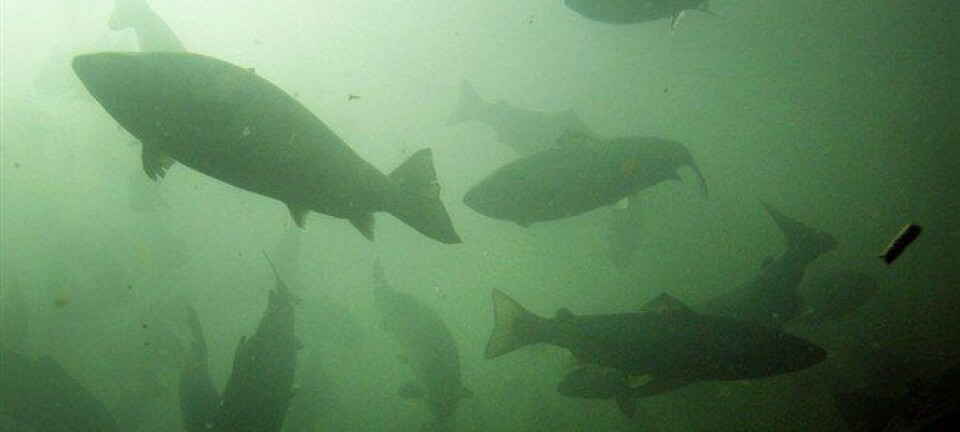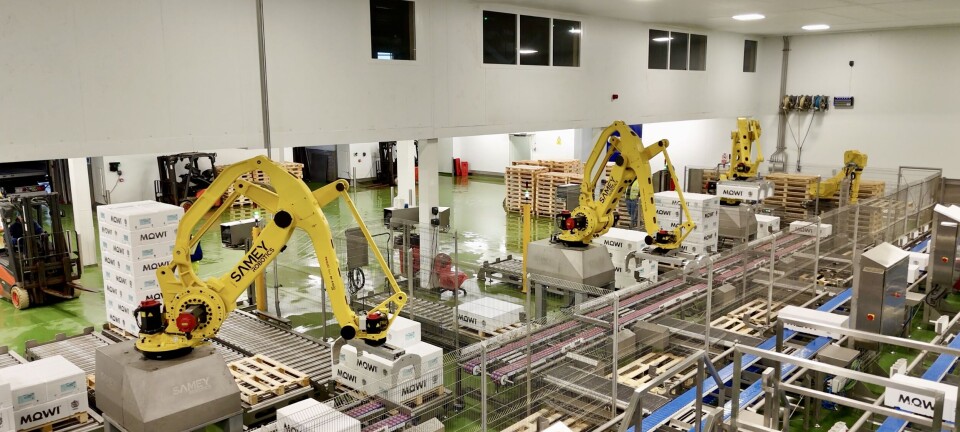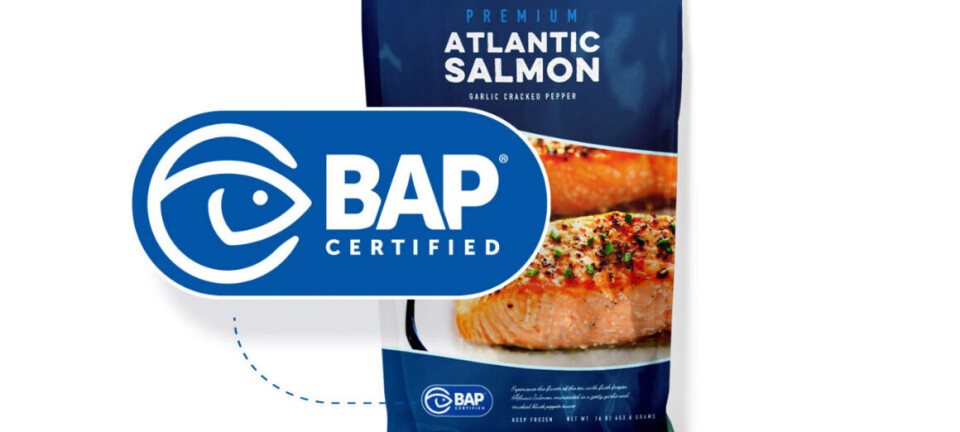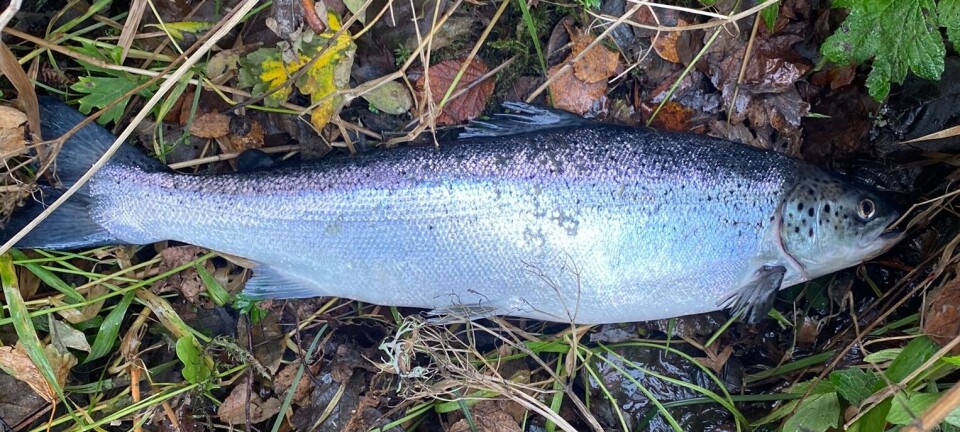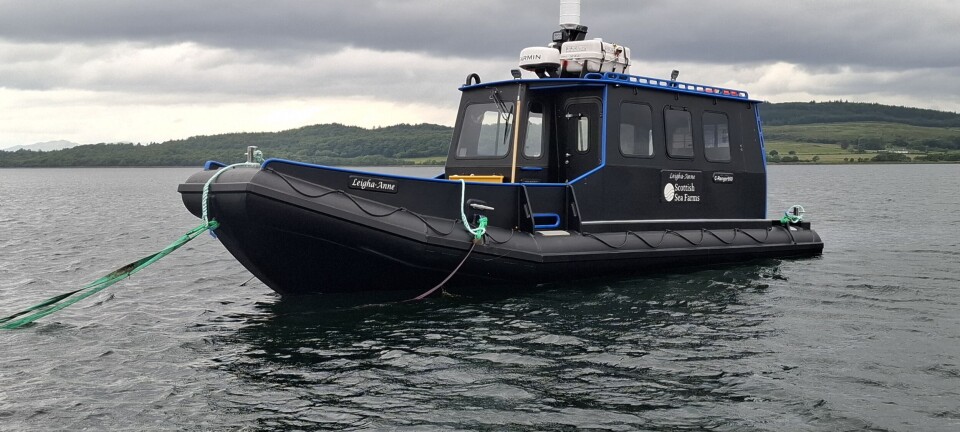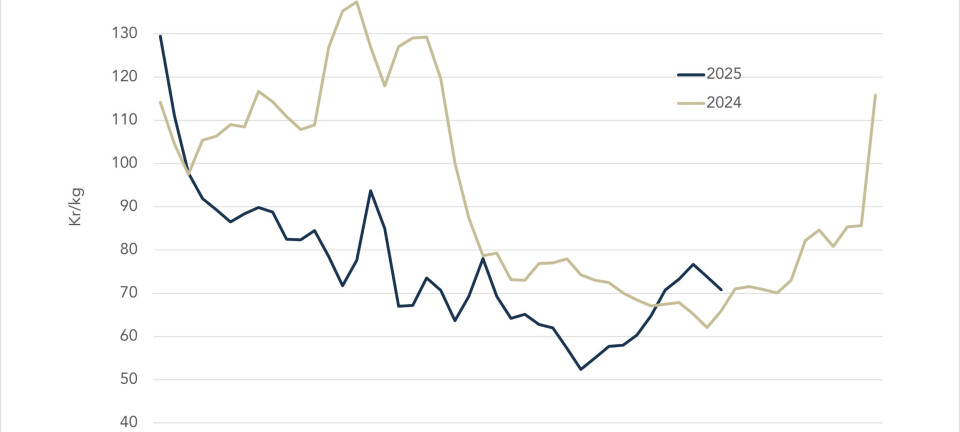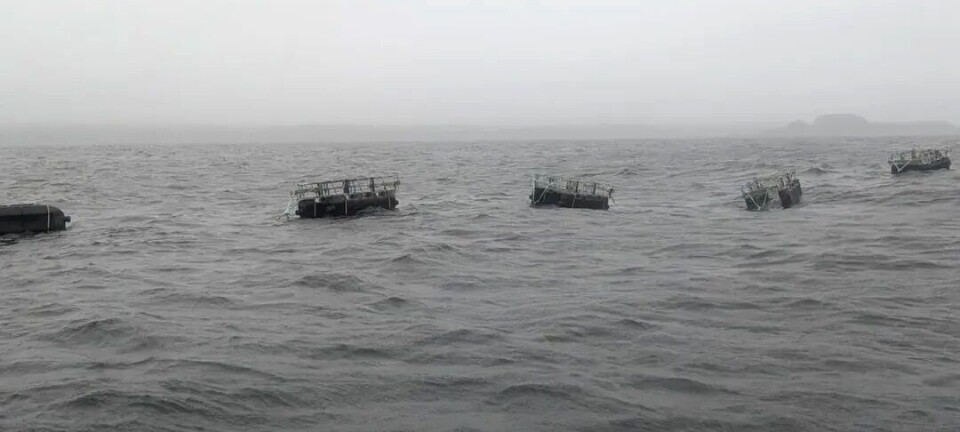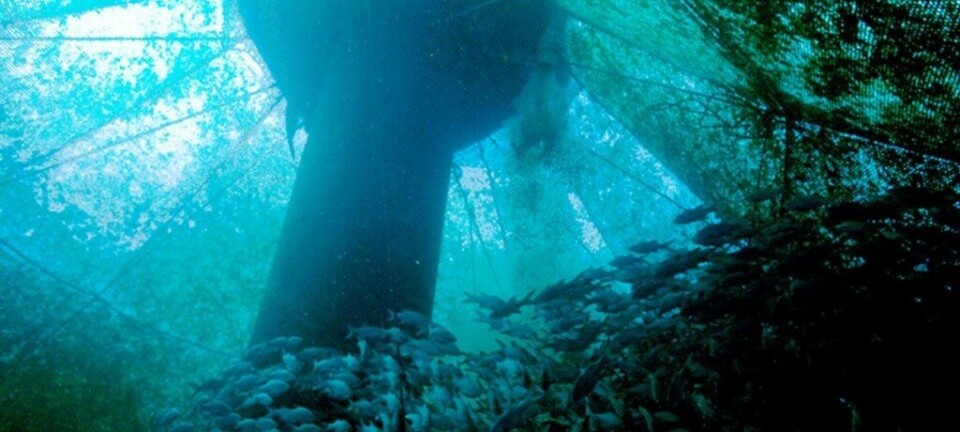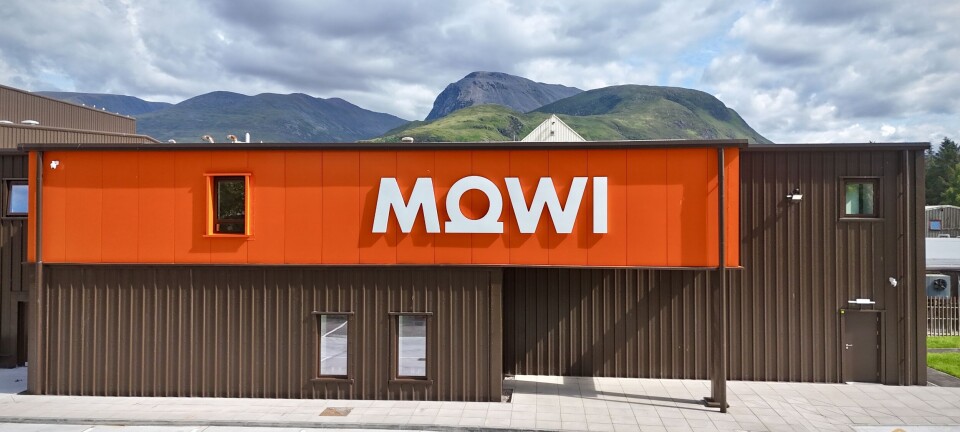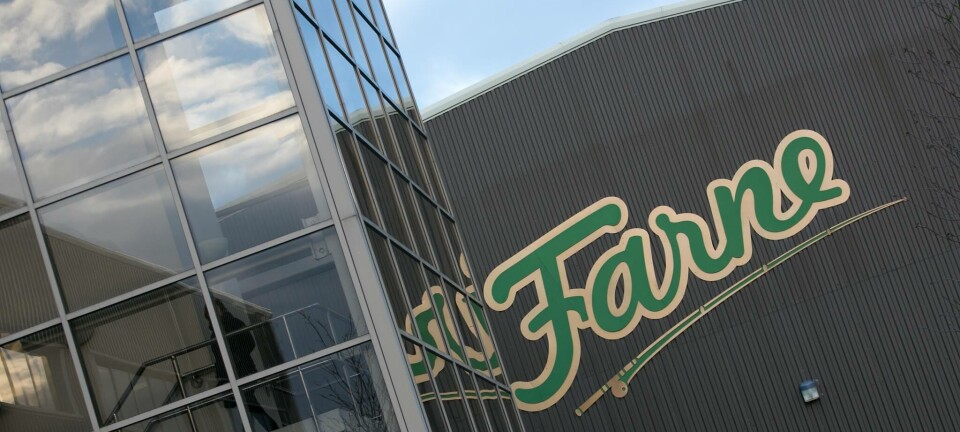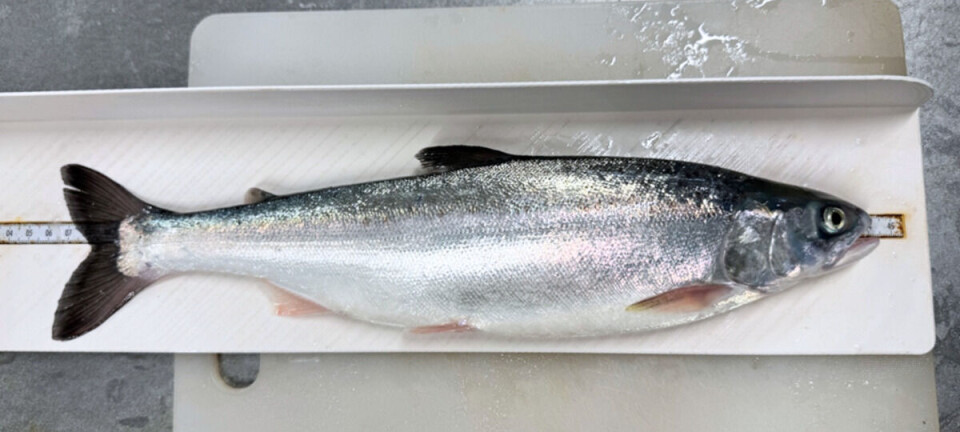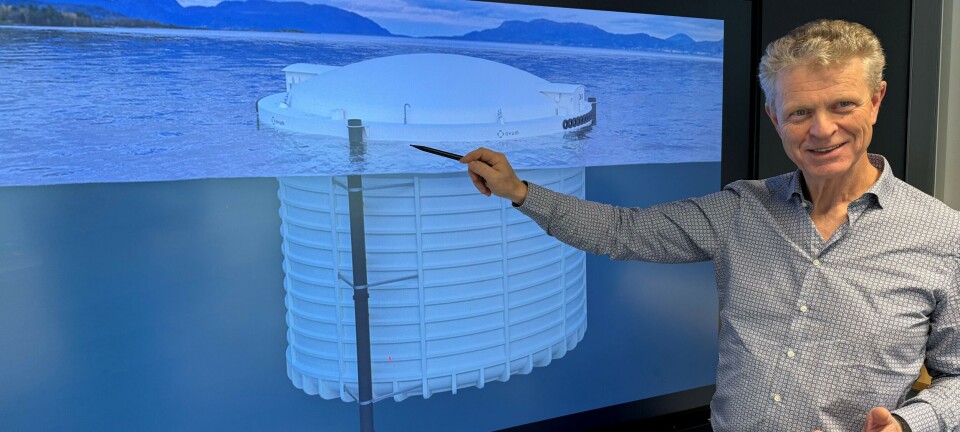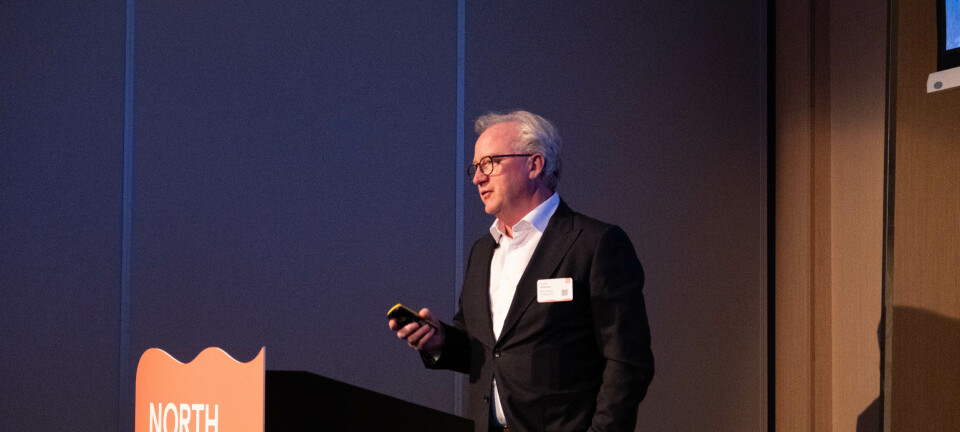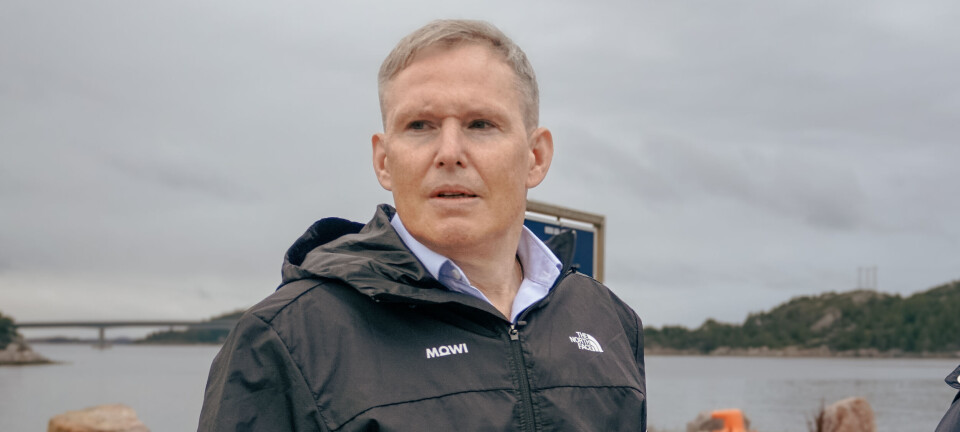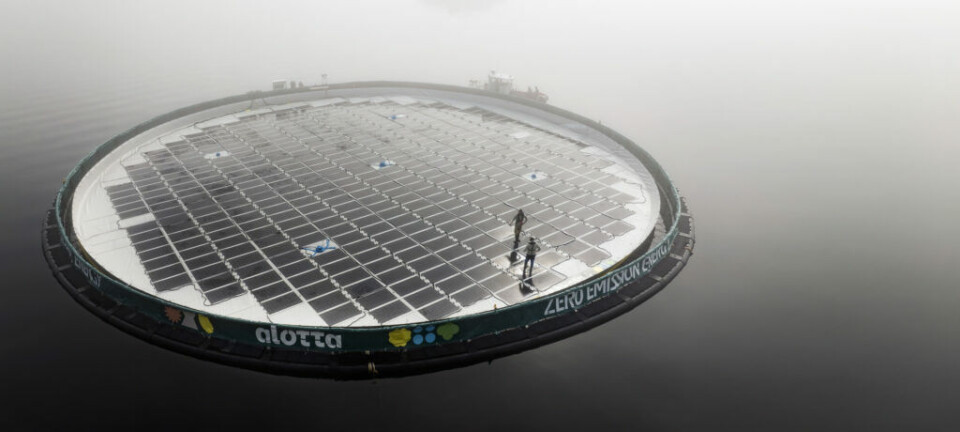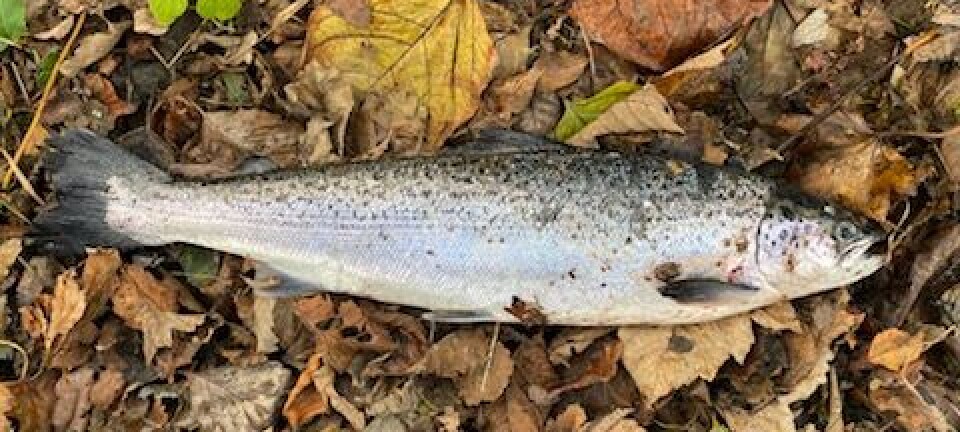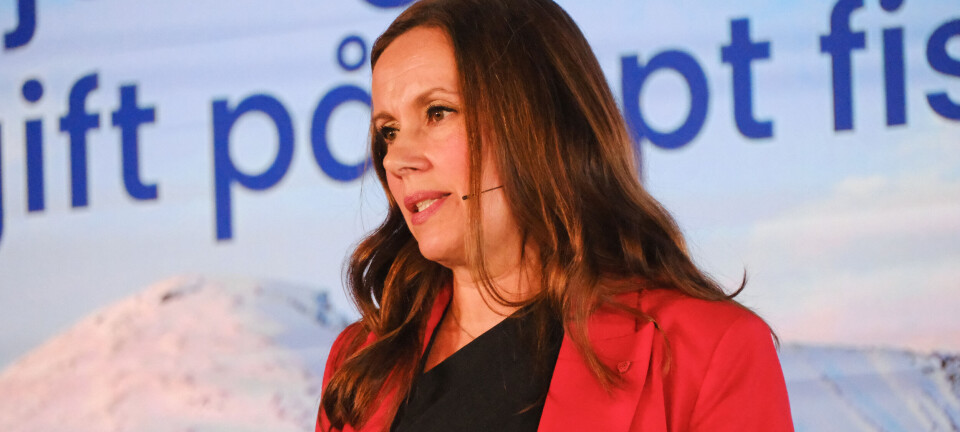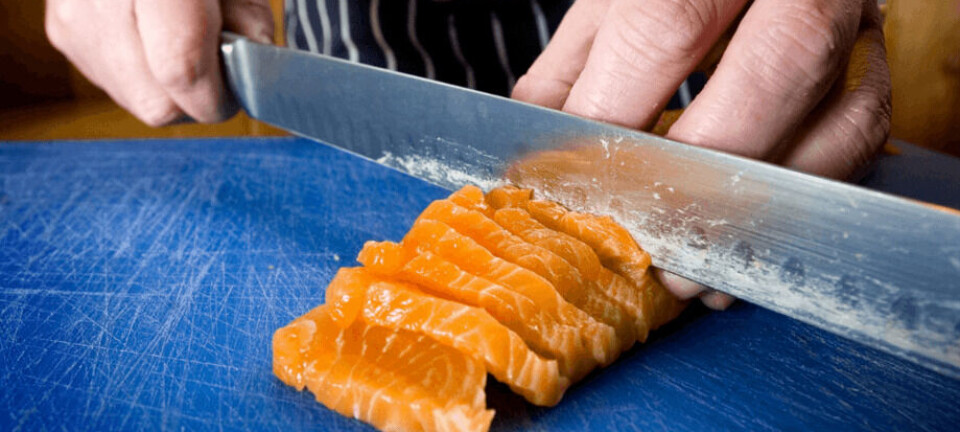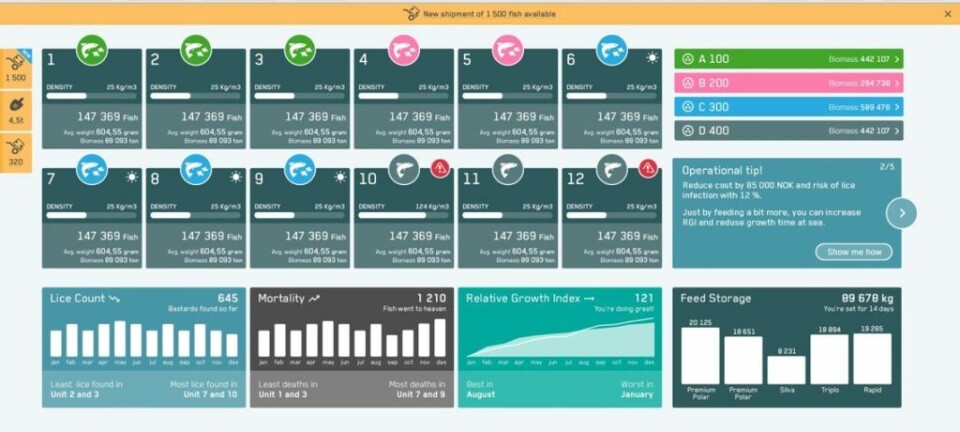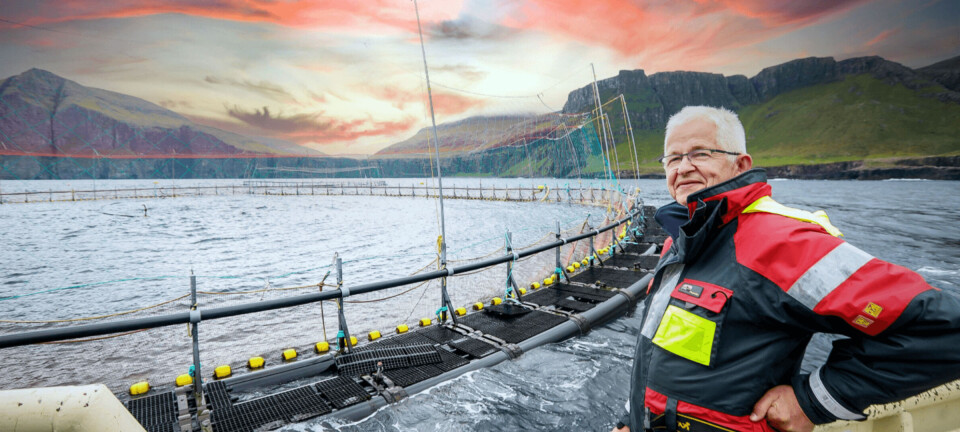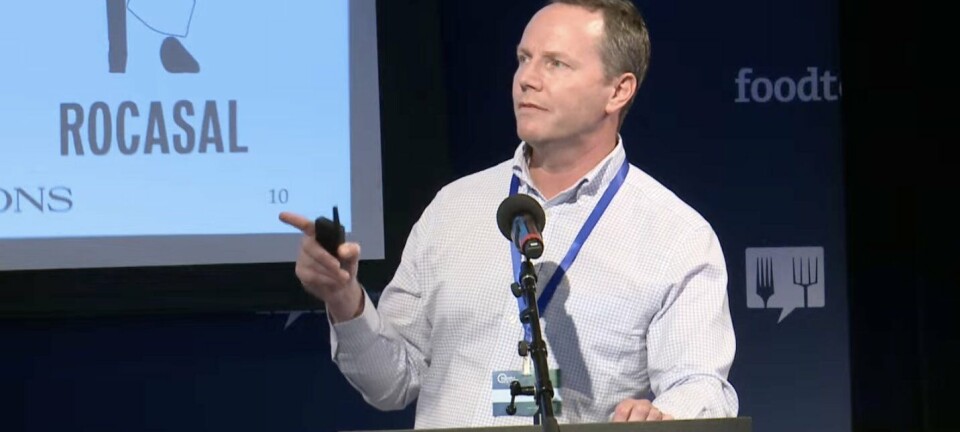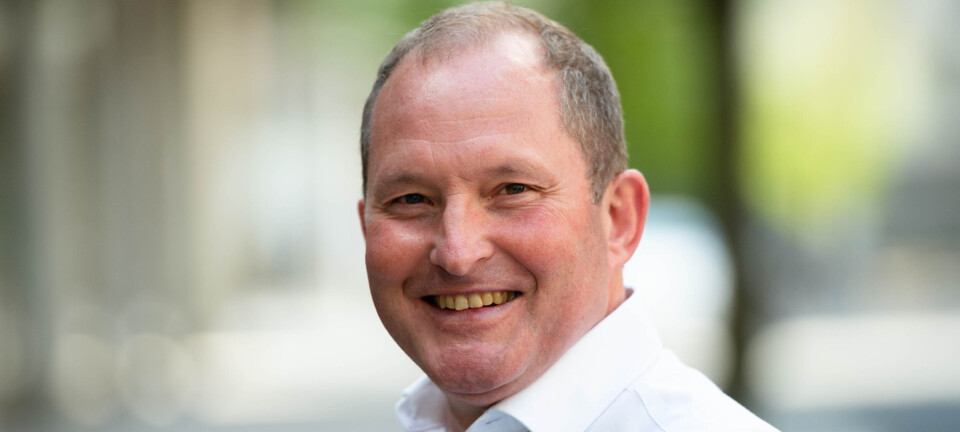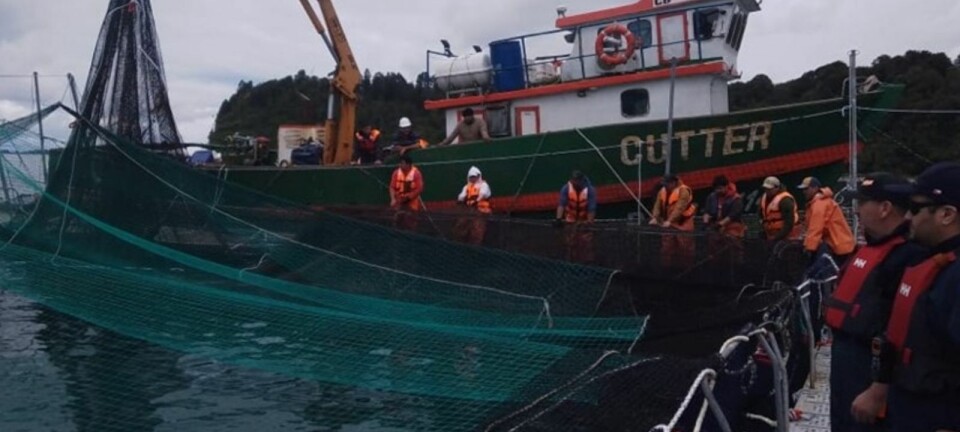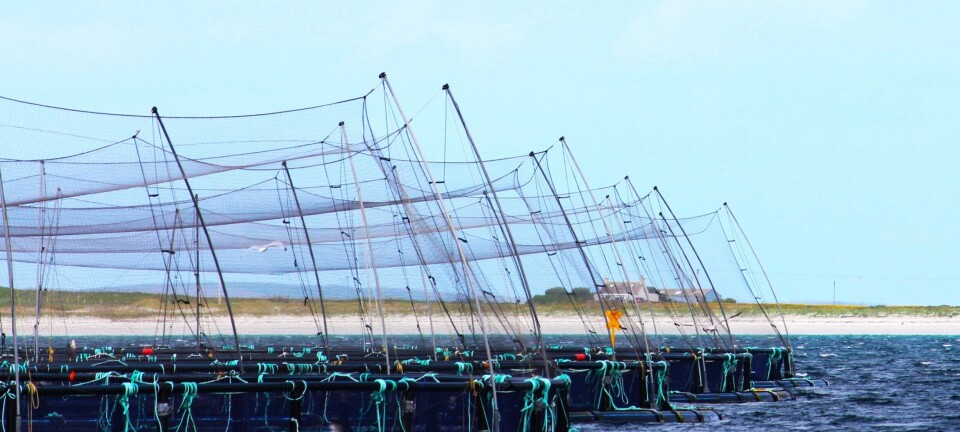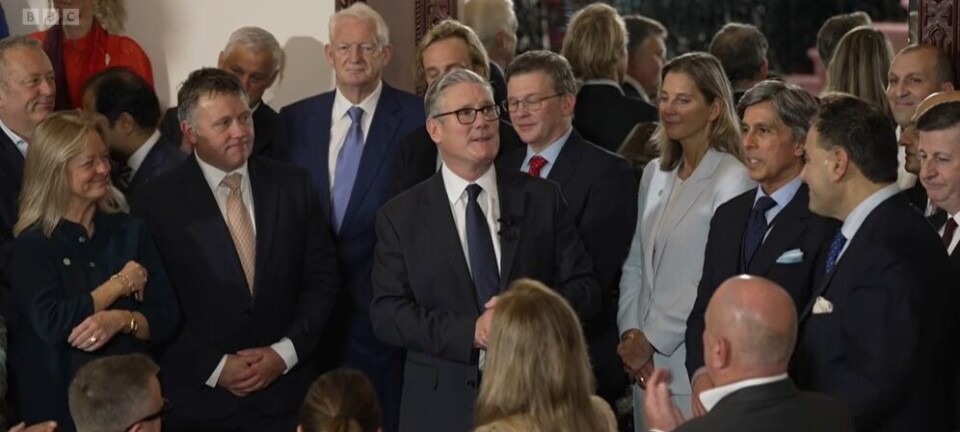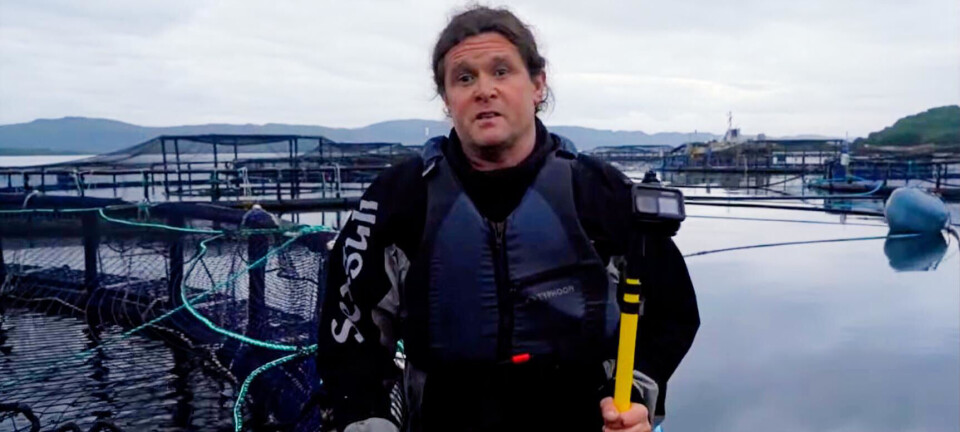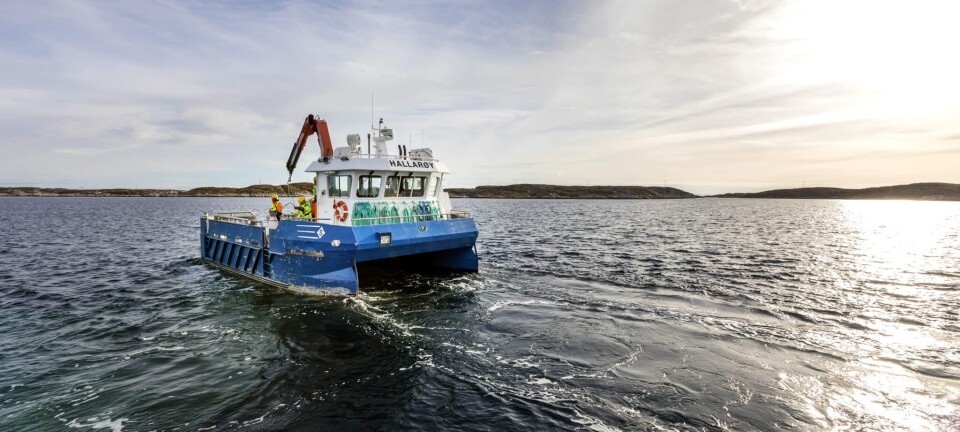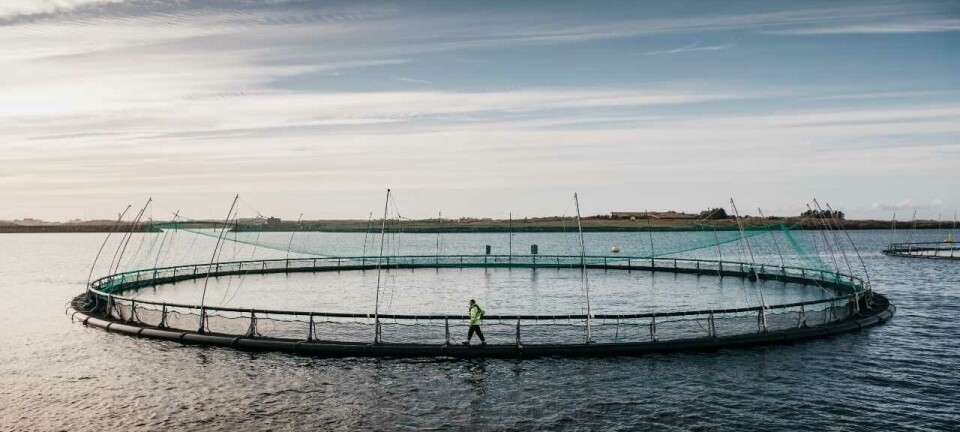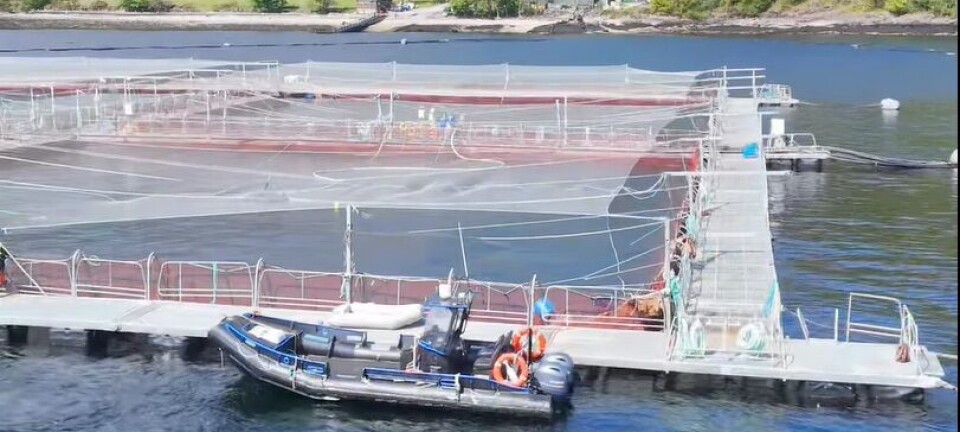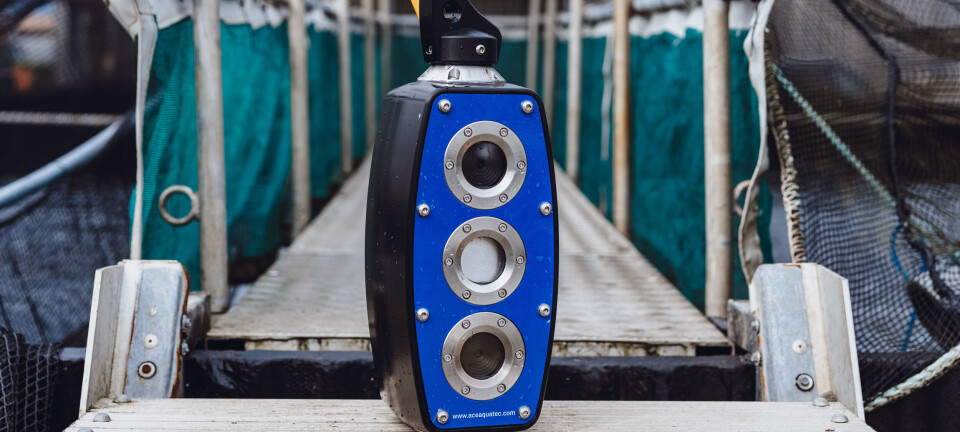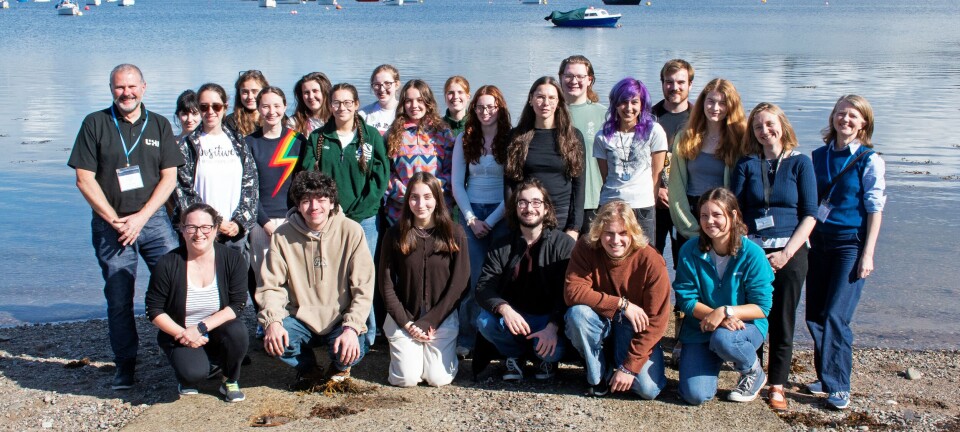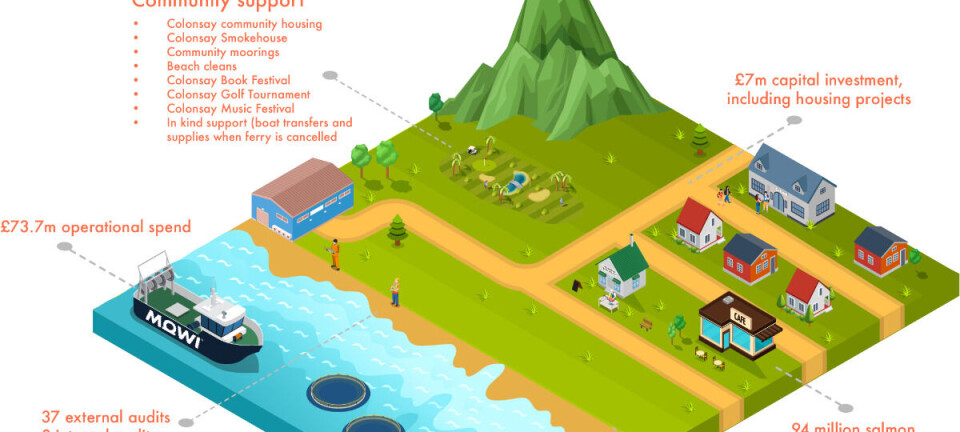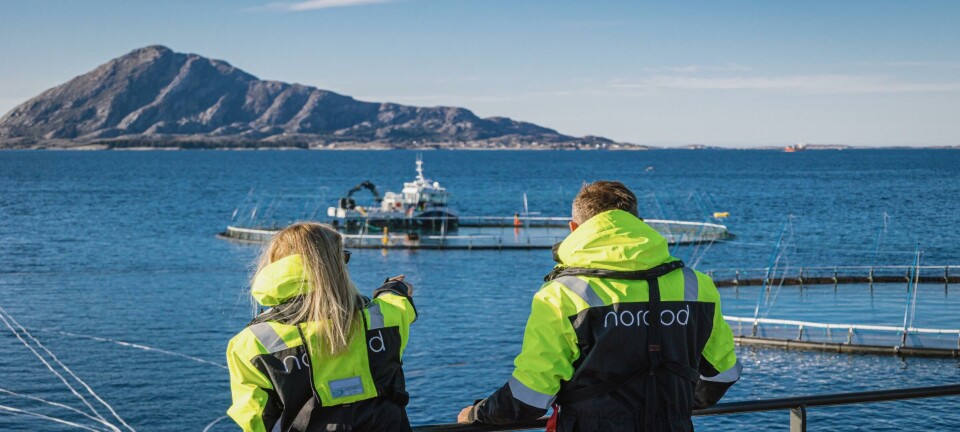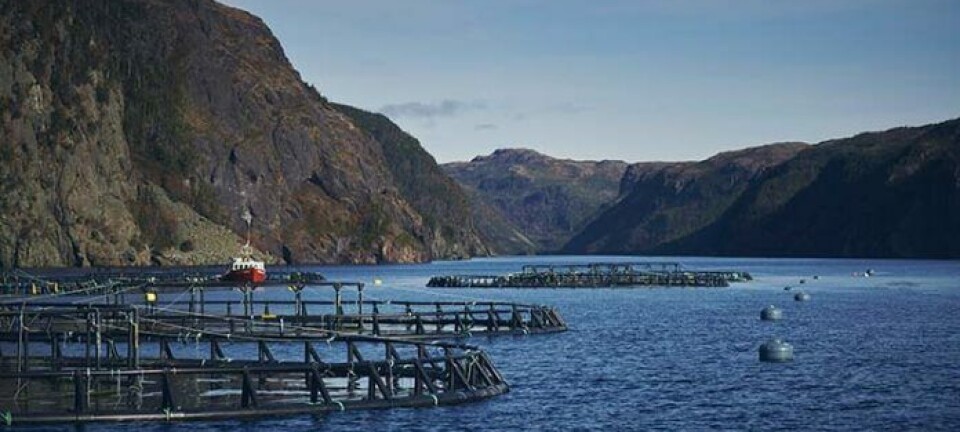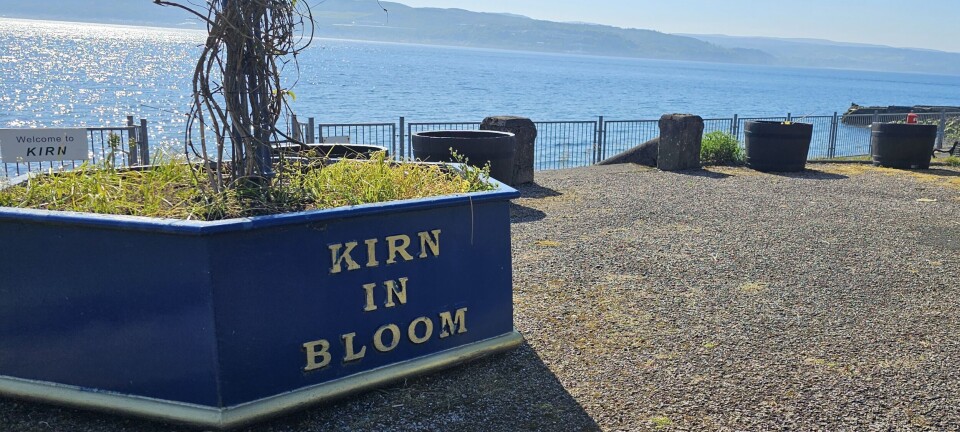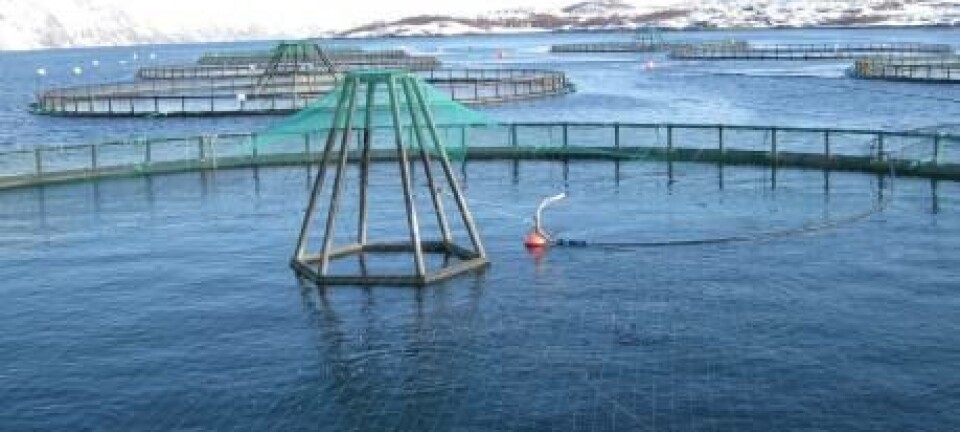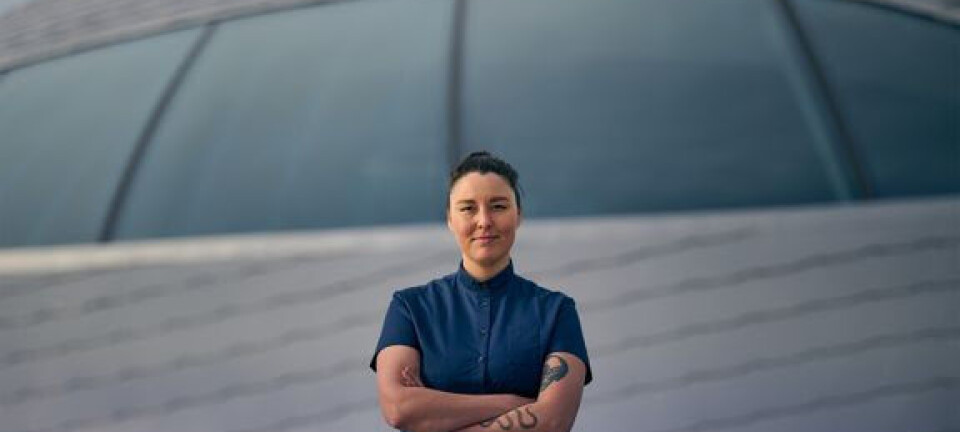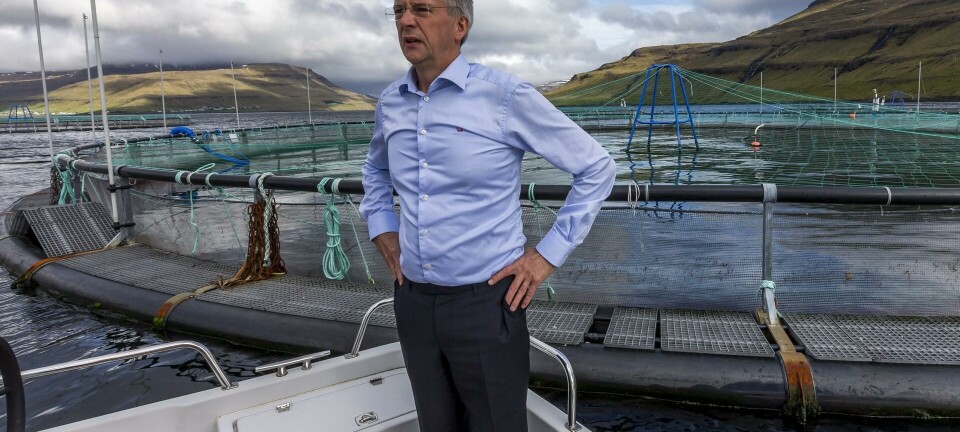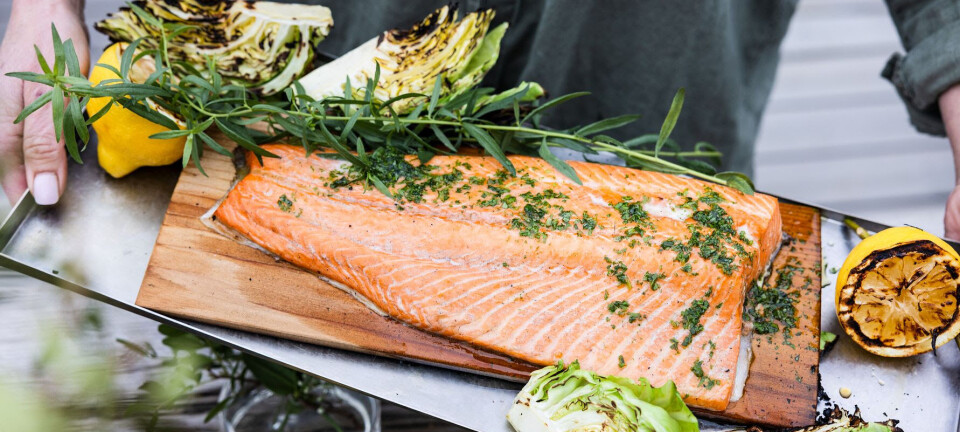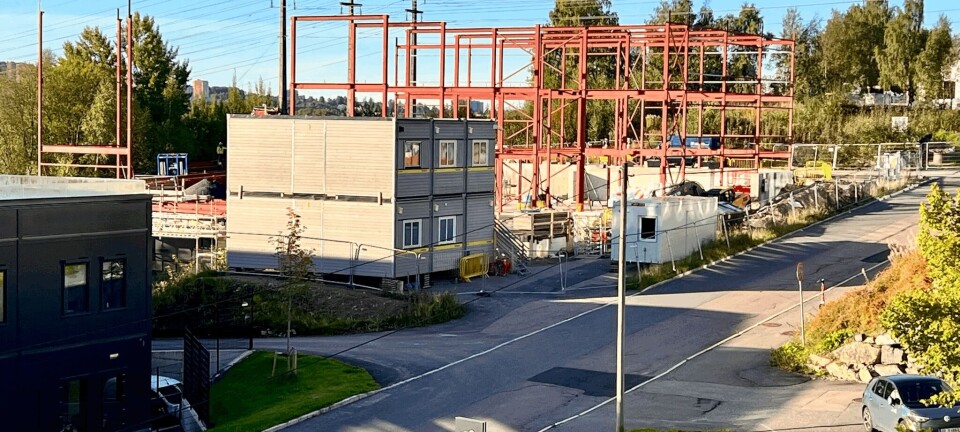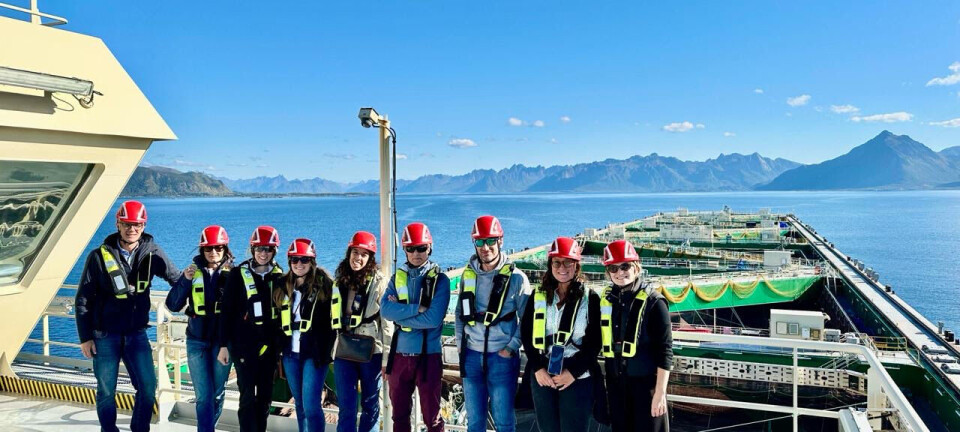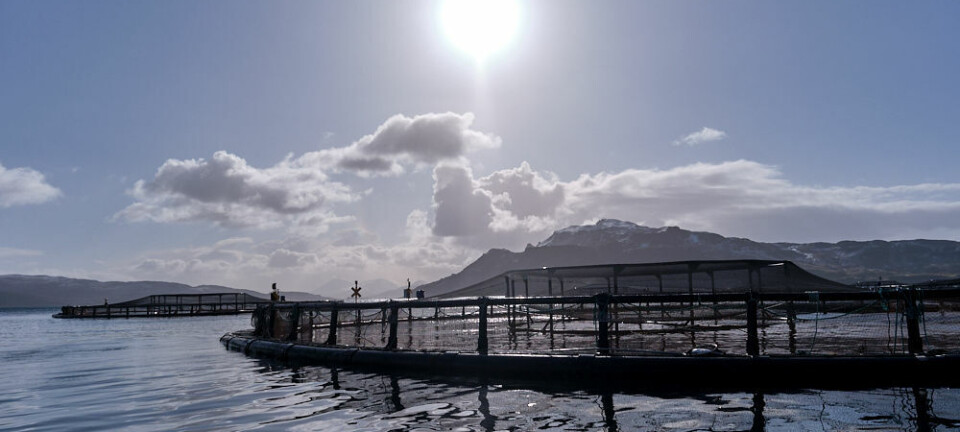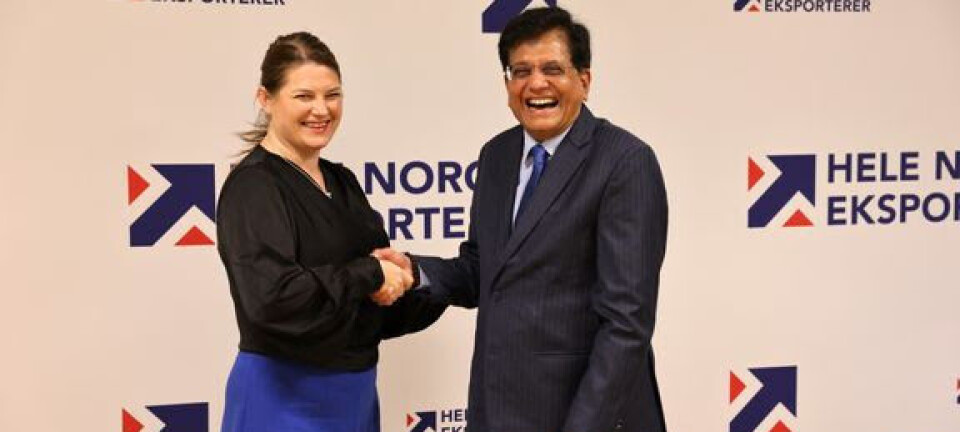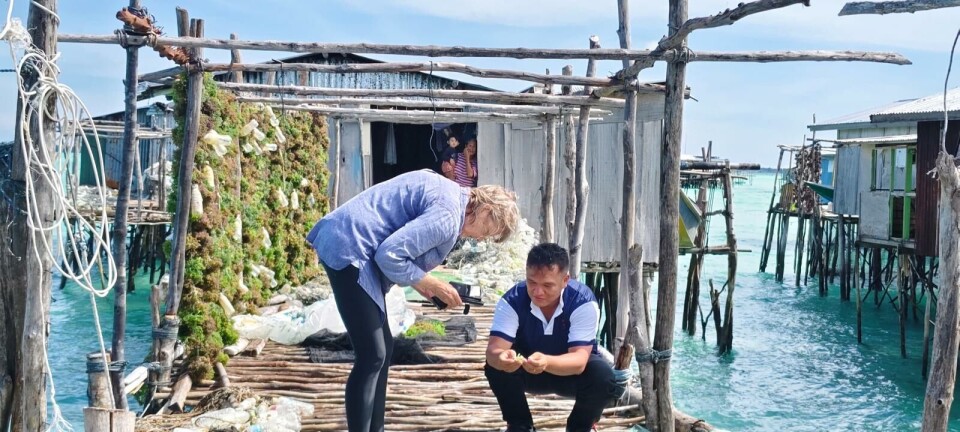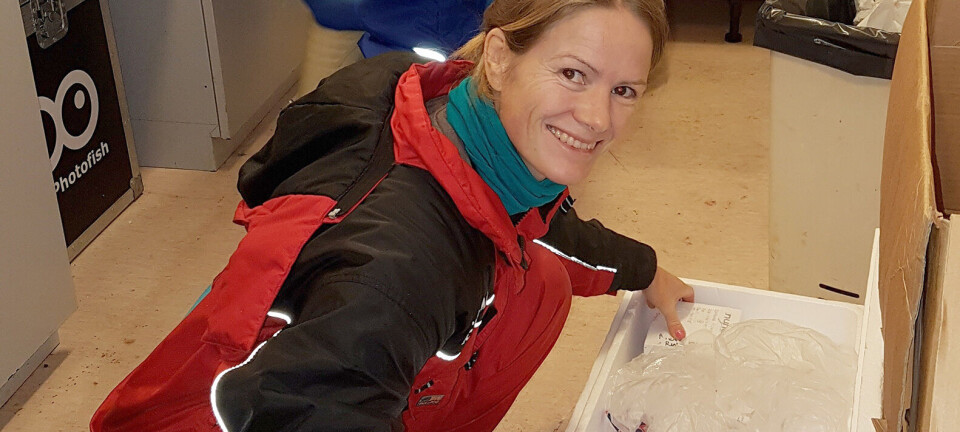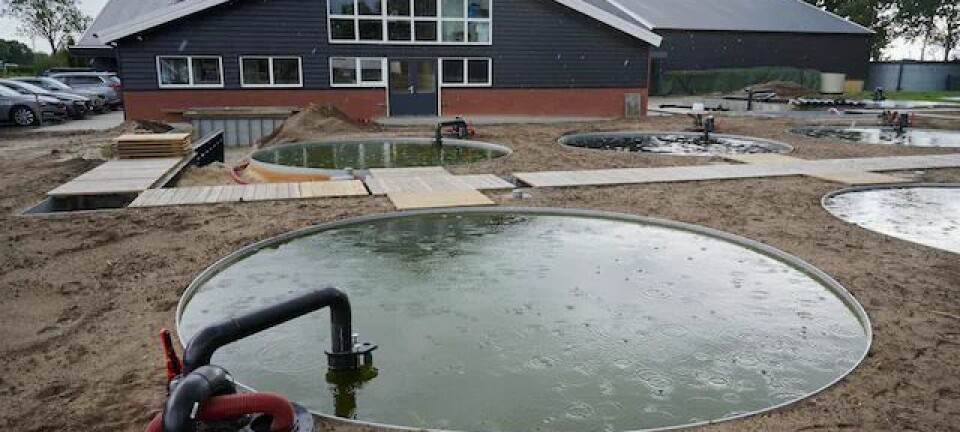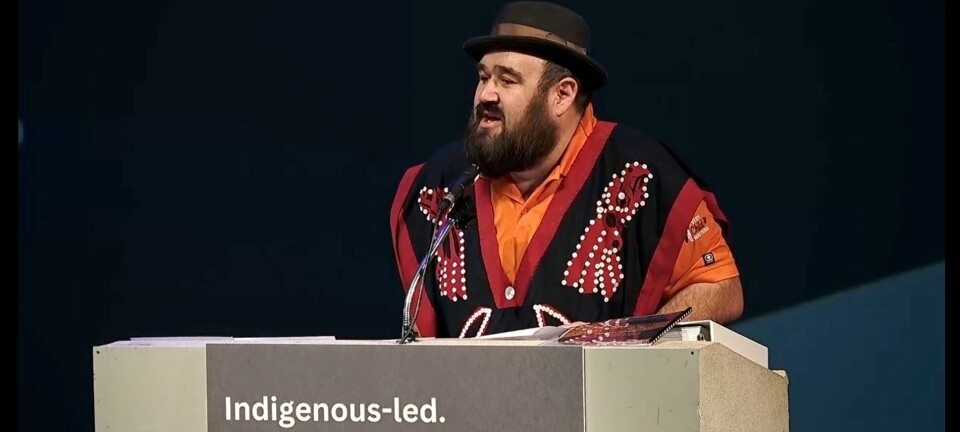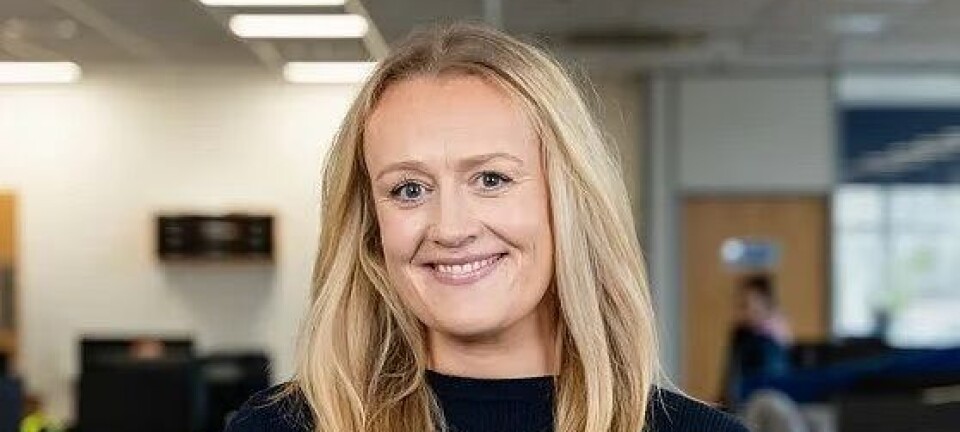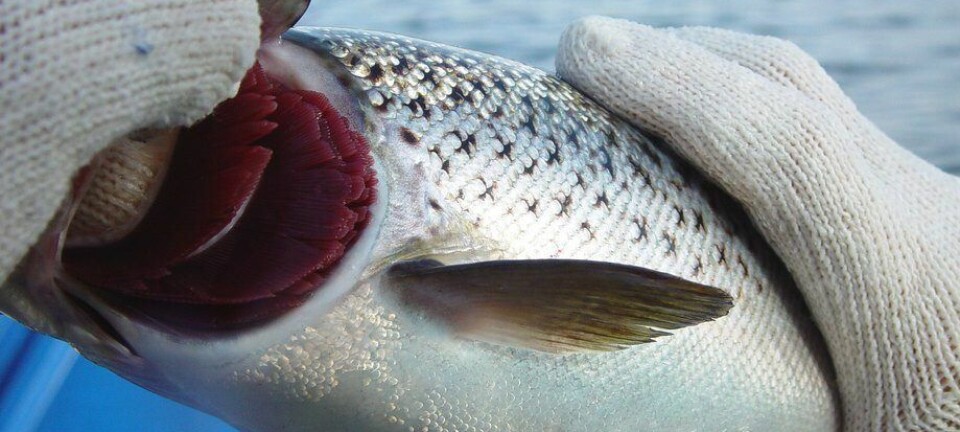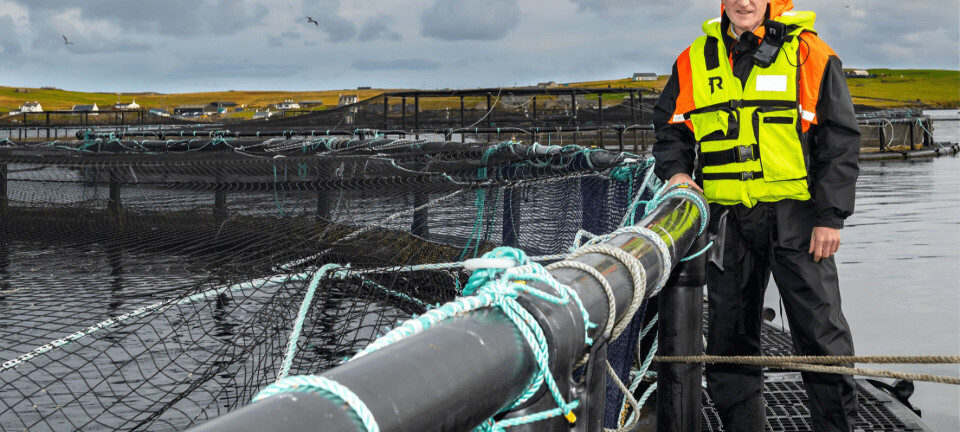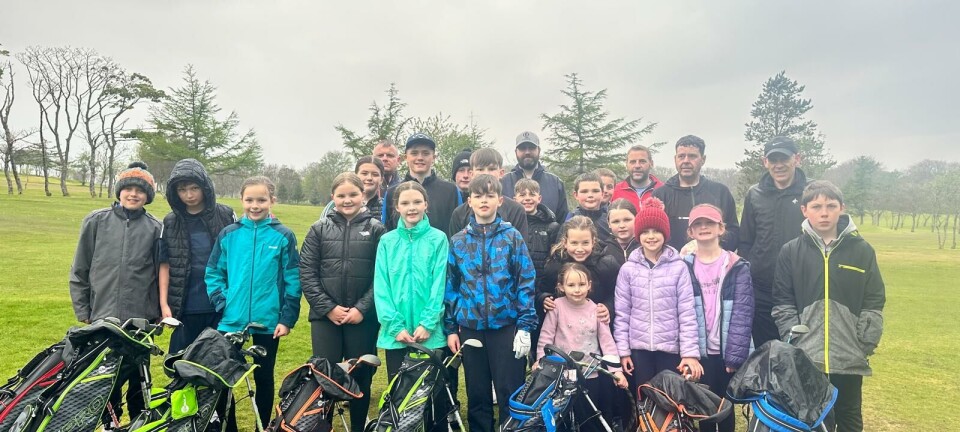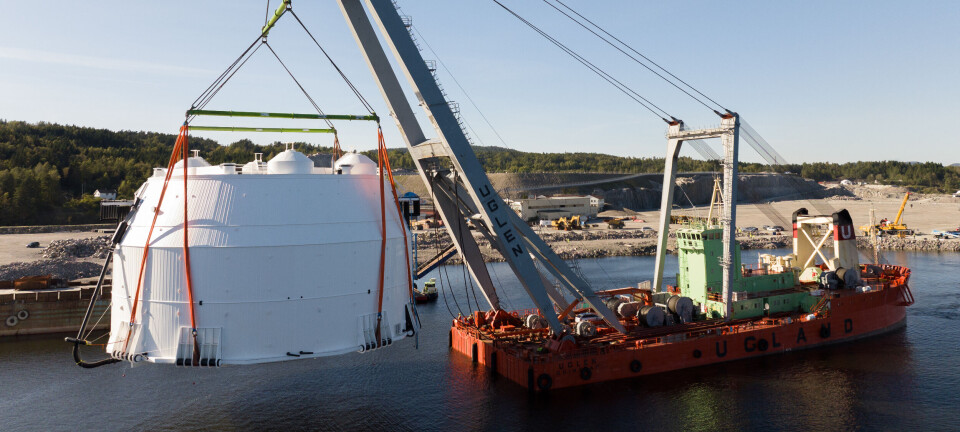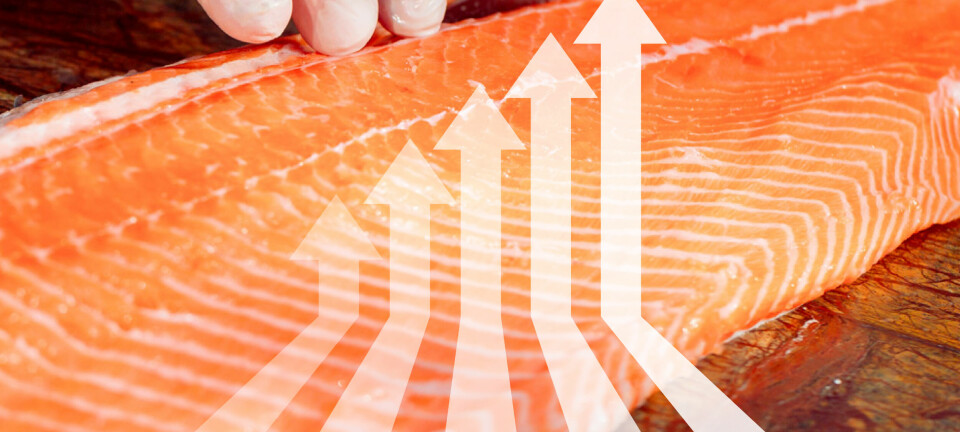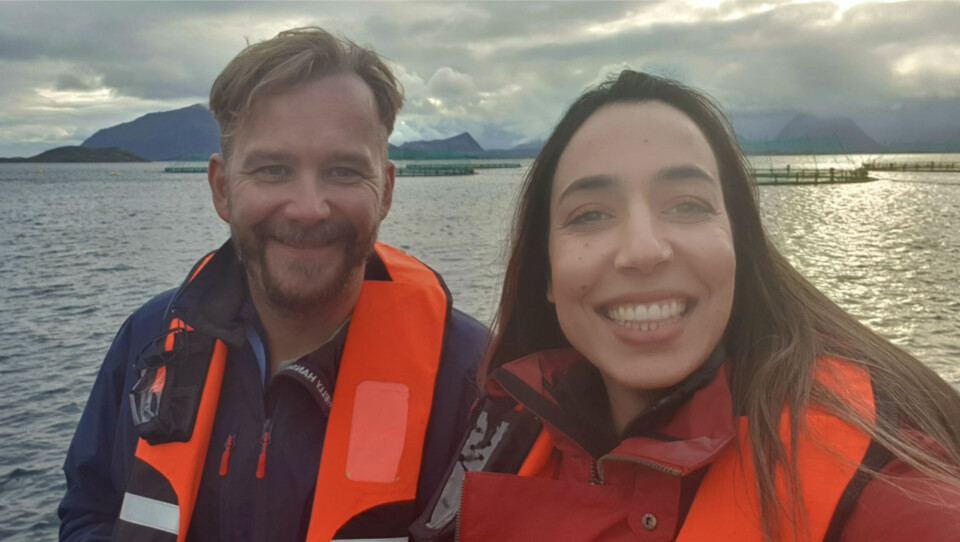
Women begin ‘work-learn’ stint with salmon farmer
The first of three women chosen for a “fully immersive work/learn” experience with salmon farmer Kvarøy Arctic has arrived at the company’s island headquarters in northern Norway.
Marwa Mechlaoui, from Tunisia, has been awarded a scholarship by Kvarøy as part of its international Women in Aquaculture programme.
Two other women - Natalie Van Wyk from Bersig, South Africa and Hannah Krohn, from the United States - are collaborating remotely until Covid-19 travel restrictions are eased.
Eliminating boundaries
Kvarøy’s programme aims to eliminate boundaries and create hands-on opportunities for women building careers in aquaculture.
“We were thrilled to receive interest from around the world when we announced this idea in May,” said chief executive Alf-Gøran Knutsen.
“It also shed light on the variety of barriers women face as they pursue work in this field. We’re committed to creating a more inclusive work environment and hope our leadership inspires others to do the same.”
Broader reach
The salmon farmer launched its Women in Aquaculture programme in May by offering an international scholarship through the James Beard Foundation, but over the following months it recognised the need for a programme with broader reach and more robust financial support.
Each will join Kvarøy Arctic in Norway for a fully immersive and collaborative work experience with full relocation expenses, accommodation, and professional compensation for their work.
While Mechlaoui has a scholarship through the Foundation, Van Wyk will arrive in Norway as a full-time employee, and Krohn as an intern.
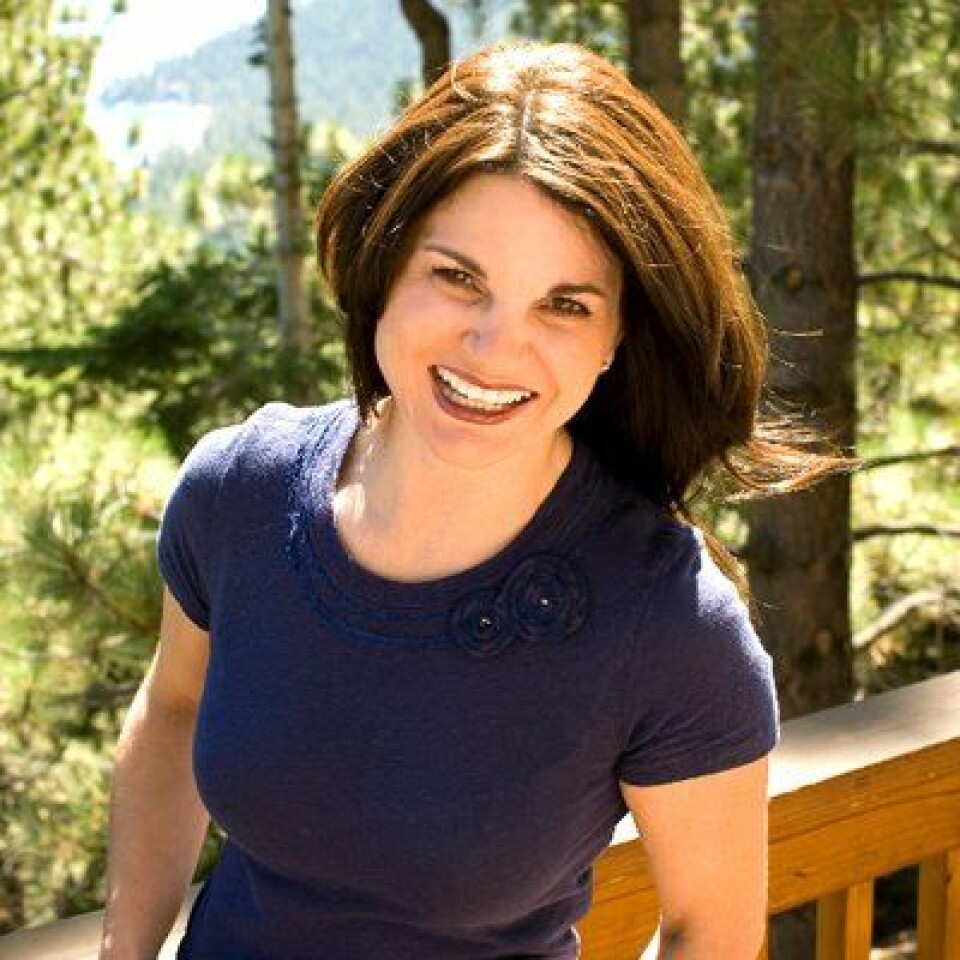
Valuable insights
“This is about creating opportunities for women who have incredibly valuable insights and perspectives for the field of aquaculture,” said Kvarøy Arctic’s strategic development officer, Jennifer Bushman, in a press release.
“Whether the challenge for them was monetary, location-based, or centred on another pressing issue, we want to help these women meet their goals.”
Mechlaoui is an accomplished researcher working towards a PhD at the Arctic University of Norway (UiT) researching vaccine formulation and fish immunology.
No jobs in Tunisia
Through her role with Kvarøy Arctic, she will be pursuing her interests in the implementation and assessment of responsible and sustainable technologies, policies and farming practices, and the wider economic and environmental contexts of aquaculture.
“I decided to look for opportunities to study and work abroad because there are no jobs for women in aquaculture in my home country,” said Mechlaoui.
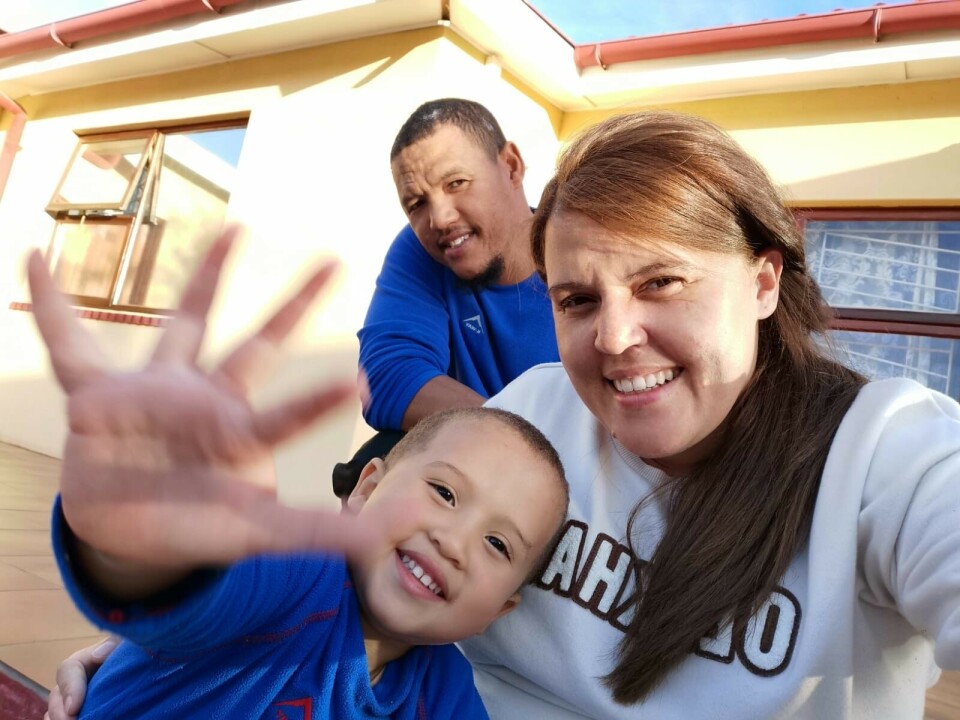
Using the coastline
Van Wyke, who holds a post-graduate diploma in aquaculture from the University of Stellenbosch, began studying the subject after recognising that livestock production was the primary source of protein in a drought-stricken and rural area with a tremendous amount of coastline.
She started a Women in Aquaculture society to establish a network between workers and the local government agencies.
“Farmers in my community are suffering,” said Van Wyke. “A lot of women are the sole provider for sustenance and income for their families, but they’re not afforded the same professional opportunities as men. It’s clear we need to better understand how to use the coastline to provide food and create jobs.”
Seafood labelling
Krohn is studying marine biology and environmental sciences at the University of California.
“I’m curious about how aquaculture affects the environment and in creating clarity around areas of the industry where there are uncertainties - like with seafood labelling, which could use more transparency,” she said.
